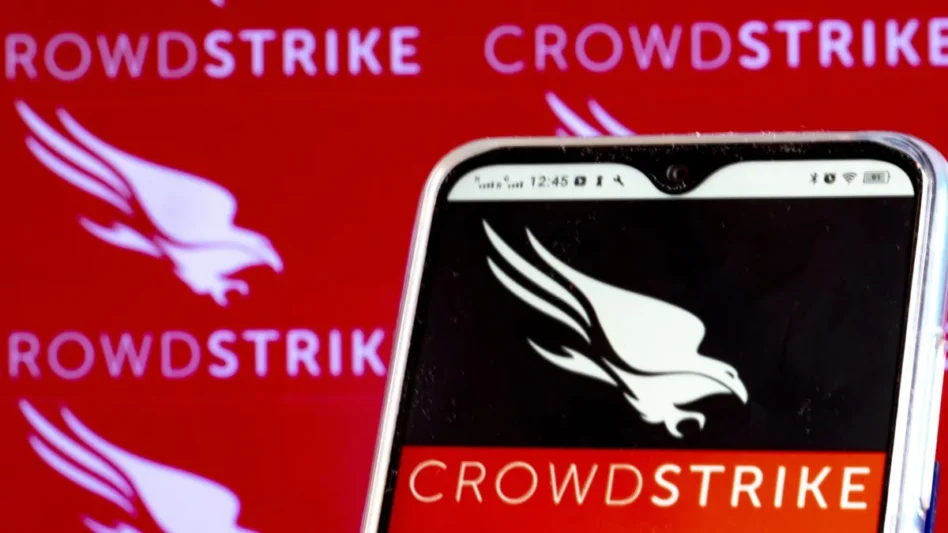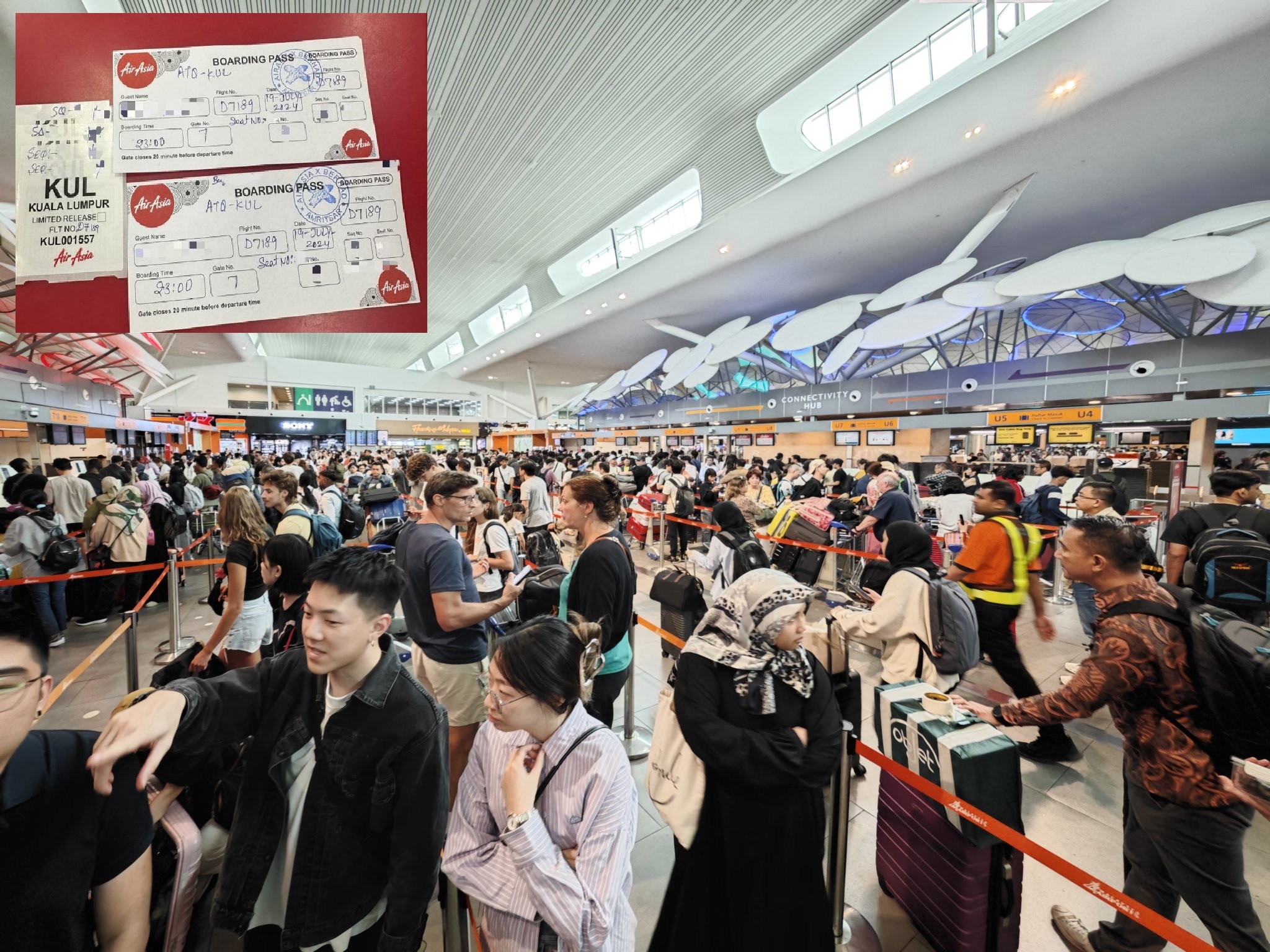WHILE services from airlines to healthcare, shipping and finance are gradually coming back online after yesterday’s (July 19) global digital outage, affected businesses can be expected to be juggling with backlogs of delayed and cancelled flights, medical appointments, missed orders and other issues that could take days or even weeks to resolve.
Back home, the global outage of IT operations running on Microsoft-based systems hit Kuala Lumpur International Airport (KLIA) with scores of outbound travellers facing check-in disruptions and flight delays at Terminal 2.
As self-check-in kiosks were malfunctional, travellers long queues formed as they were forced to manually check in at counters.
Interestingly, airport operator Malaysia Airports Holdings Bhd (MAHB) on its travel advisory stated that its network of airports in Malaysia remains unaffected by the global Microsoft outage although some of its airline partners are experiencing disruptions due to this issue.
Travel Advisory – Our network of airports in Malaysia remains unaffected by the global Microsoft outage. However, some of our airline partners are experiencing disruptions due to this issue. pic.twitter.com/BQRVX596Os
— Malaysia Airports (@MY_Airports) July 19, 2024
Below are some of the affected services from yesterday’s global IT outage :
#1 – AirAsia: Slower check-ins and longer queues
🚨 IMPORTANT NOTICE: Our core reservation and check-in system are impacted by a global IT issue affecting airlines worldwide. You may experience slower check-ins and longer queues and we are doing our best to address this situation. We appreciate your patience and understanding…
— AirAsia (@airasia) July 19, 2024
#2 – Firefly Airlines: Inability to book flights, manage bookings or check-in.
— Firefly Airlines (@FireflyAirlines) July 19, 2024
#3 – KLIA Express: Tickets cannot be purchased via its app, website or digital wallets.
PAYMENT SYSTEM UPDATE, 19 July 2024: Due to a technical glitch, tickets cannot be purchased via our app, website, or digital wallets at this time. Please proceed to the counter to buy your tickets.
— KLIA Ekspres (@KLIAekspres) July 19, 2024
#4 – KTM Bhd: Its KITS ticketing system and all customer service channels experienced technical disruptions.
NOTIS PENTING / IMPORTANT NOTICE
Dear valued customers,
Please be informed that the KITS ticketing system and all customer service channels at KTMB are currently experiencing technical disruptions due to Crowdstrike Microsoft Windows.
Restoration works are actively underway. pic.twitter.com/Dyt5pOh3W8
— KTM Berhad (@ktm_berhad) July 19, 2024
Outage easing but …
Meanwhile, Reuters which described the incident as depicting the vulnerability of the world’s interconnected technologies, reported that businesses are now faced with questions about how to avoid future blackouts triggered by technology meant to safeguard their systems.
The outage also raised concerns that many organisations are not well-prepared to implement contingency plans when a single point of failure such as an IT system or a piece of software within it, goes down.
But these outages will happen again, experts warn, until more contingencies are built into networks and organisations introduce better back-ups.

The global outage sparked by a software update by global cybersecurity firm CrowdStrike, one of the largest operators in the industry, had grounded flights, forced broadcasters off air and left customers without access to services such as healthcare or banking.
Since the COVID-19 pandemic broke out in 2020, governments and businesses have become increasingly dependent on a handful of inter-connected technology companies which further explains why one software issue rippled far and wide.
Airline companies seem to be the worst hit industry. Out of more than 110,000 scheduled commercial flights yesterday (July 19), 5,000 have been cancelled globally with more expected, according to aviation analytics firm Cirium.
The outage shone a spotlight on CrowdStrike, an US$83 bil company that is not a household name but has more than 20,000 subscribers around the world including tech giants Amazon.com and Microsoft.
CrowdStrike CEO George Kurtz has apologised on social media platform X after acknowledging that a defect was found “in a single content update for Windows hosts” that affected Microsoft customers.
Main pic credit: 𝗞𝗘𝗡 (@ruffleseed)/X








